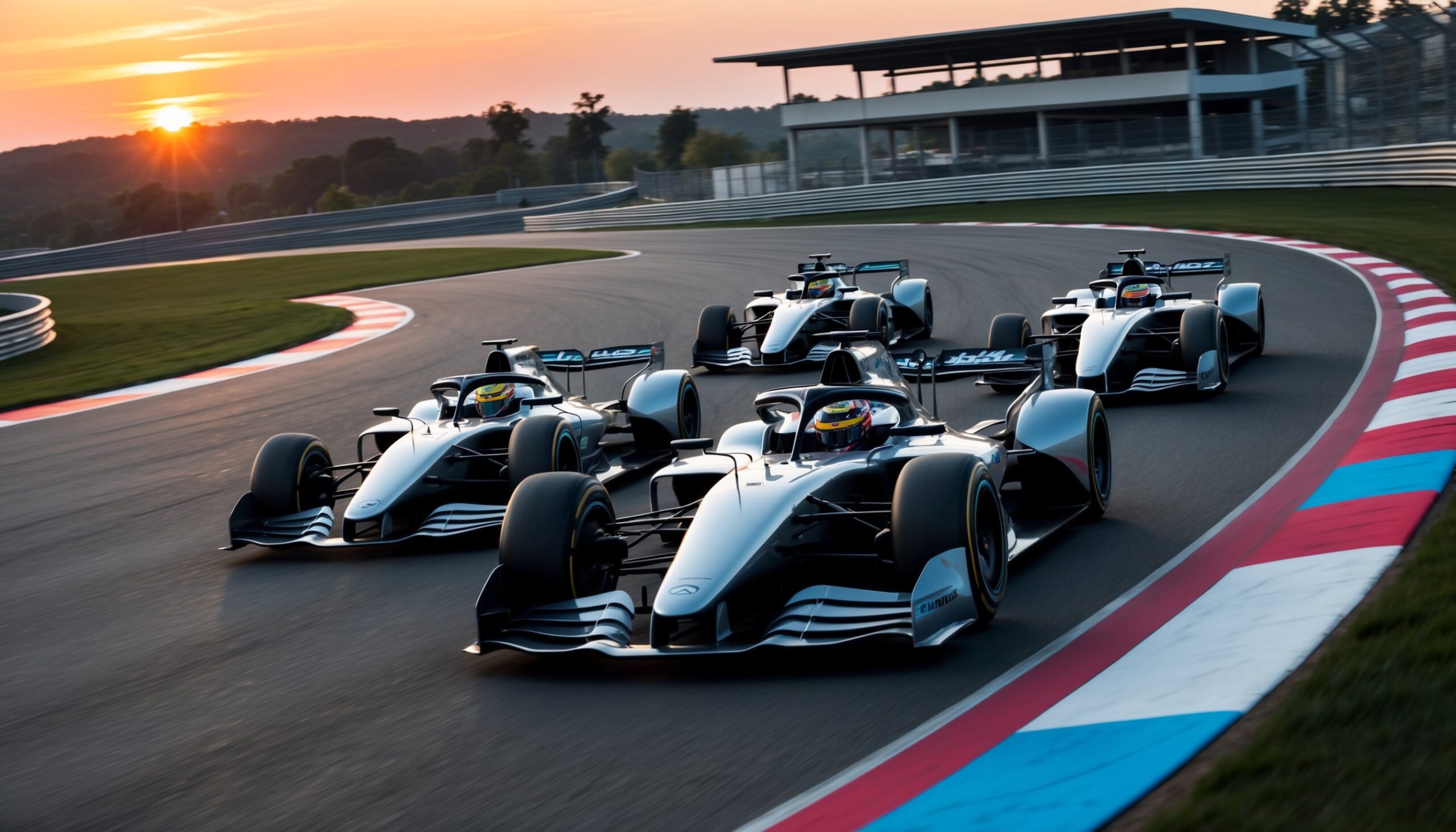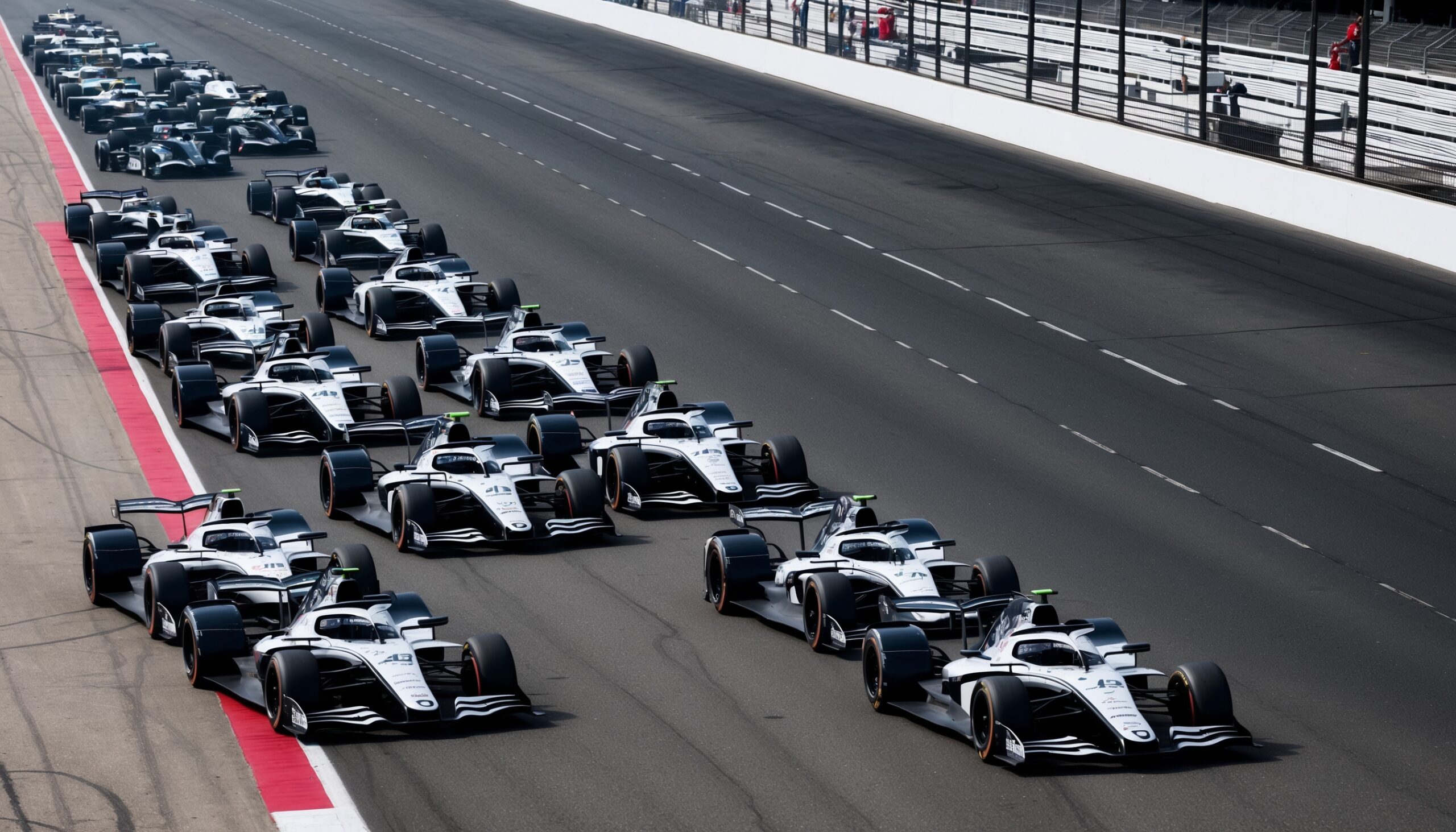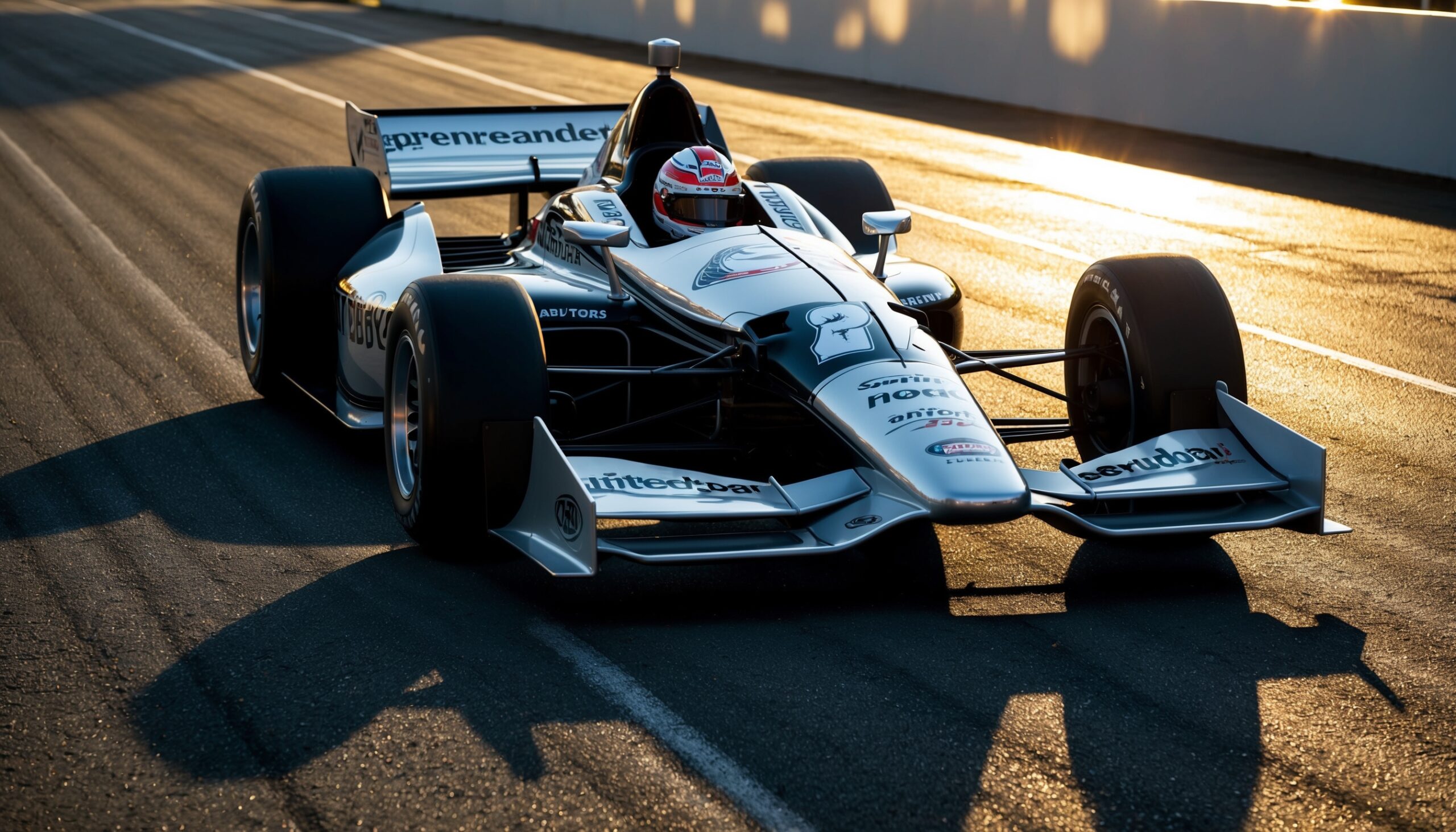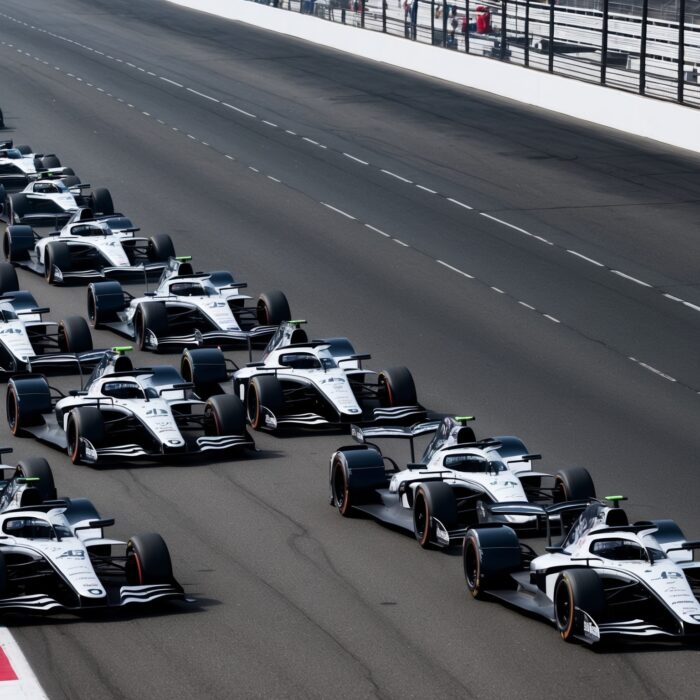Martin Brundle Reveals Why Christian Horner ‘Wouldn’t Want to Return as a Team Principal’
In the high-octane world of Formula 1, team principals are often the unsung heroes—or villains, depending on whom you ask. One figure that has consistently been at the center of the spotlight is Christian Horner, the long-standing team principal of Red Bull Racing. Recently, former F1 driver and commentator Martin Brundle shared some intriguing insights about Horner’s potential return to the role. As car enthusiasts, we know the intricacies of the sport go beyond just the cars on the track; they delve into the minds of the people who manage them. So, why wouldn’t Horner want to step back into the role of team principal? Let’s explore this fascinating topic.
Also Read: 2026 Audi A3 TFSI quattro 150kW: Sporty new small car priced for Australia
The Pressure Cooker of F1 Leadership
Being a team principal in Formula 1 is not for the faint-hearted. The role entails navigating a minefield of pressures, from managing drivers to orchestrating complex strategies during races. Brundle highlighted that the immense stress tied to this position could be a significant deterrent for someone like Horner.
- Constant Scrutiny: Every decision made by a team principal is scrutinized by fans, media, and rival teams alike. One wrong call can lead to a cascade of criticism.
- High Stakes: With millions of dollars in sponsorships at stake, the pressure to perform is at an all-time high. Horner has experienced this firsthand and knows the toll it can take.
- Emotional Rollercoaster: The highs of victory are accompanied by the lows of defeat. Horner has had his fair share of both, and the emotional investment can be exhausting.
The Changes in the F1 Landscape
Brundle emphasized that the landscape of Formula 1 has evolved significantly, and with it, the expectations for team principals. The introduction of budget caps and a stronger focus on sustainability has altered the dynamics of how teams operate.
Also Read: Corporate Sustainability Goals: Which Automakers Lead the Net-Zero Race?
- Financial Constraints: With budget caps in place, teams are compelled to rethink their strategies. For a seasoned leader like Horner, adapting to these new constraints may not be appealing.
- Technological Advancements: The rapid pace of technological change means team principals must stay ahead of the curve, often requiring them to possess extensive technical knowledge.
- Increased Competition: With new teams entering the fray and established teams becoming more competitive, the pressure to outperform rivals is relentless.
Life Outside the Pits
While the thrill of racing might be intoxicating, Brundle pointed out that there’s more to life than the relentless grind of F1. Horner has built a comfortable life outside the paddock, filled with personal and professional pursuits that may not align with the demands of being a team principal.
- Family Time: With a young family, Horner may value the time spent away from the racetrack more than the adrenaline rush that comes with the job.
- Media Engagement: With his charismatic personality, Horner has found a niche in media appearances, allowing him to stay connected to the sport without the burdens of leadership.
- Entrepreneurial Ventures: Diving into business opportunities outside of F1 could be a more appealing path, offering him the chance to leverage his experience without the stress of a team principal role.

The Allure of New Challenges
For Horner, the thrill of competition isn’t lost, but rather transformed. Brundle mentioned that Horner may be drawn to new challenges within the realm of motorsport that don’t involve the same level of stress associated with being a team principal.
- Advisory Roles: Instead of being the one making decisions, Horner could find satisfaction in a role that allows him to advise teams without the pressure of accountability.
- Involvement in New Series: With the rise of electric racing and other motorsport categories, Horner may seek to engage in these new arenas where he can apply his expertise without the intensity of F1.
- Mentorship: Sharing his knowledge with budding talents in the sport could provide him fulfillment, allowing him to shape the future of motorsport.
The Legacy of Christian Horner
Over the years, Christian Horner has built a legacy that is hard to match. Under his leadership, Red Bull Racing has become a powerhouse in Formula 1, securing multiple Constructors’ and Drivers’ Championships. Brundle’s insights remind us that stepping away from such a high-profile position doesn’t diminish that legacy; rather, it allows Horner to enjoy the fruits of his labor.
- Building a Winning Culture: Horner’s ability to foster a winning mentality within his team will always be a part of his legacy.
- Strategic Brilliance: His strategic acumen in race situations has been pivotal to Red Bull’s success and will be remembered for years to come.
- Driving Innovation: Horner has always pushed for technological advancements, contributing to the evolution of race cars that are now more efficient and powerful than ever.
The Future of F1 Without Horner?
As fans, we often wonder about the future of teams without their iconic leaders. Horner’s potential exit from team principal duties could leave a significant void in the F1 landscape. However, Brundle noted that the sport has a way of evolving and adapting, and new leaders will rise to the occasion.
- Emerging Talent: The next generation of team principals is already eyeing their chance to step into the spotlight, bringing fresh perspectives to the table.
- Team Dynamics: New leadership styles may foster different team dynamics, potentially leading to innovative strategies and success.
- Fan Engagement: The next wave of leaders may focus more on engaging with fans, using social media and other platforms to build excitement around their teams.
Final Thoughts
The world of Formula 1 is a captivating blend of speed, technology, and human emotion. As Martin Brundle articulated, Christian Horner’s reluctance to return as a team principal speaks to the broader challenges and changes within the sport. While we may miss his presence in the pit lane, the legacy he leaves behind will undoubtedly shape the future of F1.
At Torque Feed, we keep a close eye on these developments and the fascinating stories that unfold in the motorsport world. Whether it’s team principals, drivers, or the cars themselves, there’s always something exciting to discuss. What do you think? Would you like to see Horner back in the role, or do you agree that his time has come to explore new horizons?












